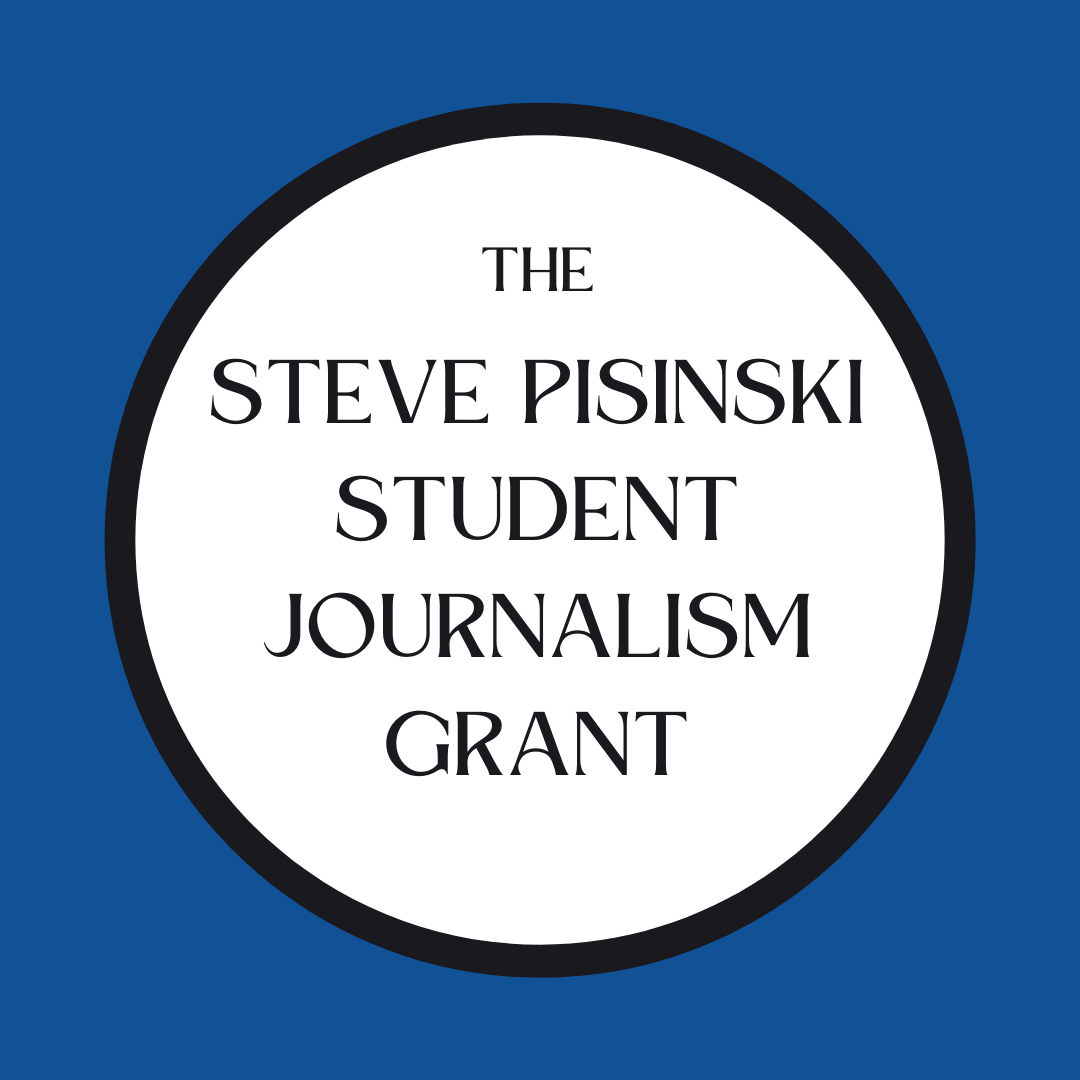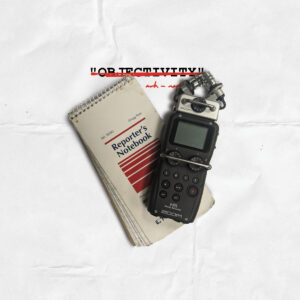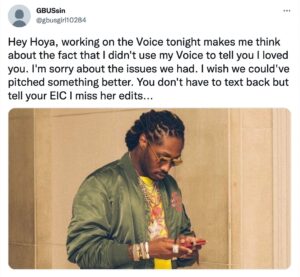Support or apply to the Steve Pisinski Scholarship to relieve the burden of unpaid internships. See below for donation instructions.
At the Voice, I work with smart, committed, revolutionary thinkers who believe in journalism as a calling. These young journalists already know they won’t be making six figure salaries if they take the plunge and become reporters, but they understand the need for accurate, empathetic storytelling no matter the reward. And their passion for journalism isn’t solely aspirational—they’re already writing award-winning commentaries, investigative features, and thoughtful reviews.
And, like most student journalists and interns, they’re not getting paid.
To be fair, journalism is not a lucrative career (the value of free press alone doesn’t pay), and declining papers don’t bode well for the industry’s future. But if journalism is to survive, and thrive, the industry needs a generation of committed, well-trained, and morally reflective journalists to assume leadership.
But that generation will never arrive if unpaid internships obstruct marginalized students from securing the much-needed experience that entering this field requires.
Unpaid internships are ubiquitous in journalism, and a lynchpin: financial exclusivism actively obstructs low-income students—who, due to a larger national wealth gap, are disproportionately students of color—from the newsroom. There are serious consequences: When journalism is penned only by wealthy and white hands, the industry—and the public—suffers.
To break into journalism, a portfolio of articles—which are created through unpaid internships— are required. Without it, it’s nearly impossible to credibly demonstrate writing prowess. In a cycle of inaccessibility, only a very privileged class of students can afford to sacrifice time they could spend working for an unpaid internship that devalues their skills.
Paid internships for aspiring journalists won’t change the field’s racial inequality overnight, but it’s a start toward improving journalism’s accessibility.
Journalism’s racial exclusivity is reflected clearly in its demographics. A 2018 study on newsrooms by the American Society of News Editors revealed that less than four percent of surveyed publications even reached racial parity with the communities they reported on. In 2021, the News Leaders Association surveyed around 5,900 publications across the U.S. on their internal racial statistics. They received fewer than 250 responses. Racial statistics aren’t something publications regularly report, probably because they expose a glaring lack of diversity.
But it is essential that the record of the world is told by reporters of all backgrounds. While social media has somewhat democratized the voice involved in public discourse, written journalism remains the most prominent shaper of public narratives.
As for the Voice, I will be transparent about our own lack of racial diversity. Sixty-three percent of our masthead and 70 percent of our section editors are white—a mild but deeply insufficient improvement in our demographic history. There has not been an editor-in-chief of color since Spring 2016. There are a host of reasons: past inaccurate and harmful reporting, lackluster support of editors with marginalized identities, and limited representation in coverage contribute to our failings to create a representative newsmagazine. And spending time gaining journalism experience in college has the same opportunity cost as unpaid internships: Students aren’t paid for their serious time commitment, and, even if they break into journalism as a career, a steady income is far from guaranteed.
Even if a student gets one of those coveted, though economically disastrous, internships, journalism is never a nine-to-five job. Usually, they are tracking down that essential interview after regular hours. Breaking news coverage and production nights consistently run into the witching hours. Work-life imbalance is an occupational hazard, which makes it all the more unreasonable for news outlets not to pay their reporters just because they are students.
We need journalists who don’t just care about surface level injustices, but who prioritize empathetic, survivor-centric reporting that uplifts voices and tells contextualized stories, instead of perpetuating harmful assumptions. Pay them.
But because we realize institutional solutions to unpaid internships aren’t going to materialize overnight, the Voice offers an admittedly stopgap solution: the Steve Pisinski Scholarship. Started in 2019 and named after the Voice’s founder, the funds help alleviate inaccessibility by offering students stipends to afford the costs of unpaid journalism internships. In 2019, we offered four students $2,500 stipends, and this year, we are bringing it back.
If you are a student who benefits from your financial background, please consider donating to support emerging journalists around you. And if you consider yourself a young journalist, regardless of experience level or what publication you contribute to on campus, consider applying. Despite the significant barriers, don’t be discouraged from journalism—it is an honorable, necessary, and (I promise you) a ridiculously rewarding profession.
The Voice can’t (yet) pay our editors, designers, and staffers for the all-nighters they pull, the bylines they accumulate, and the dozens of sources they interview. The Voice shouldn’t be responsible for making journalism internships affordable. But the journalism industry should.
The Steve Pisinski Scholarship
Options to donate:
- Go to Georgetown’s giving site: under “Other Designation,” designate your contribution to the Steve Pisinski Scholarship by putting “CC2392 PG002131 The Voice.”
- Venmo @annemarie-cuccia, the Voice service chair, who will donate the funds.
All proceeds go to the Steve Pisinski Scholarship fund.
How to apply:
Applications are open to all undergraduate students at Georgetown! The funds are allocated through Georgetown’s Journalism Program, not the Voice. Keep an eye out for open applications beginning in March.
Learn more about inaccessibility in journalism:
Join us on Wednesday, Feb. 23 at 7 p.m. for a virtual panel with six award-winning journalists and editors to discuss inaccessibility in the journalism industry. Go to www.georgetownvoice.com or our social media to learn how to log on!




